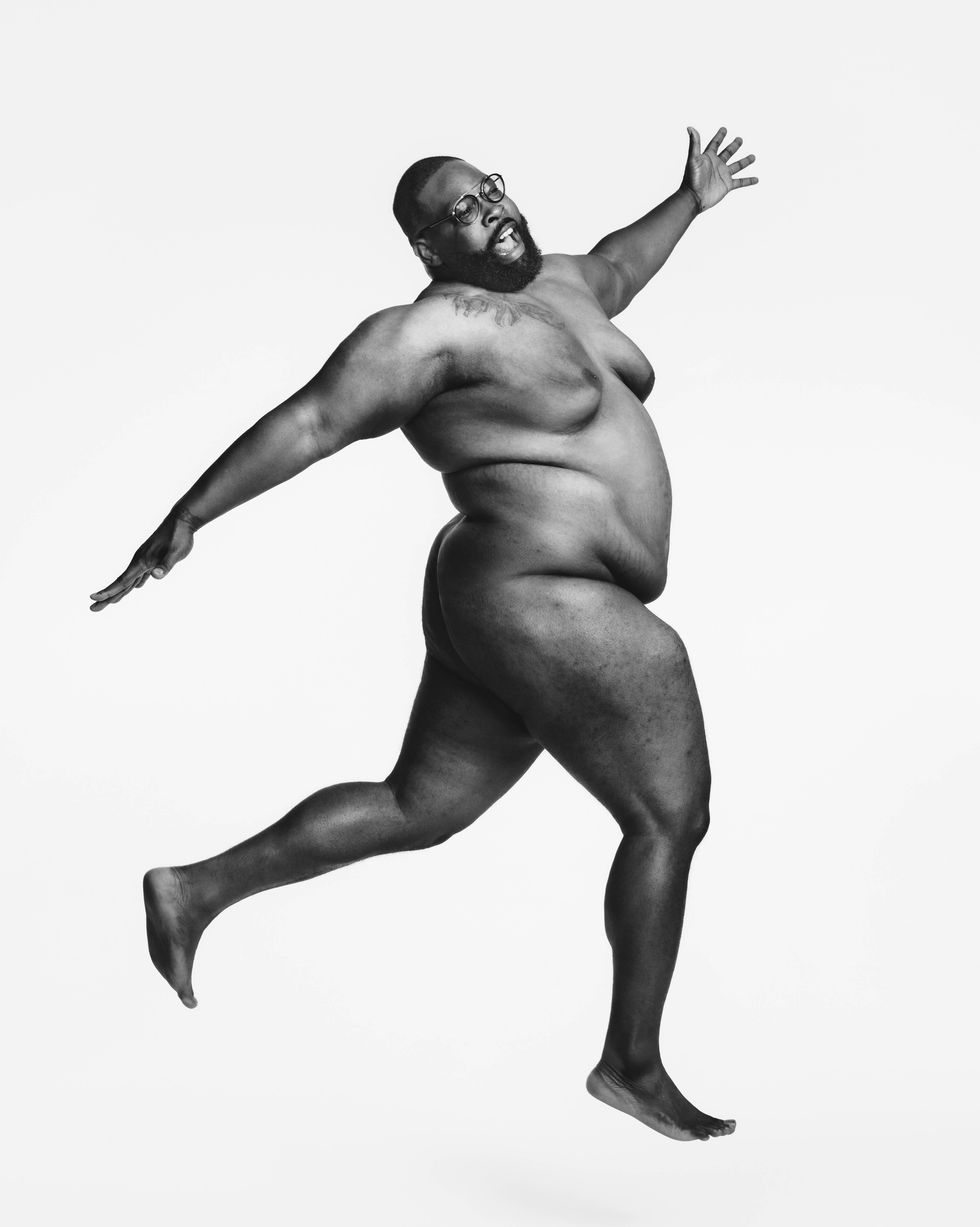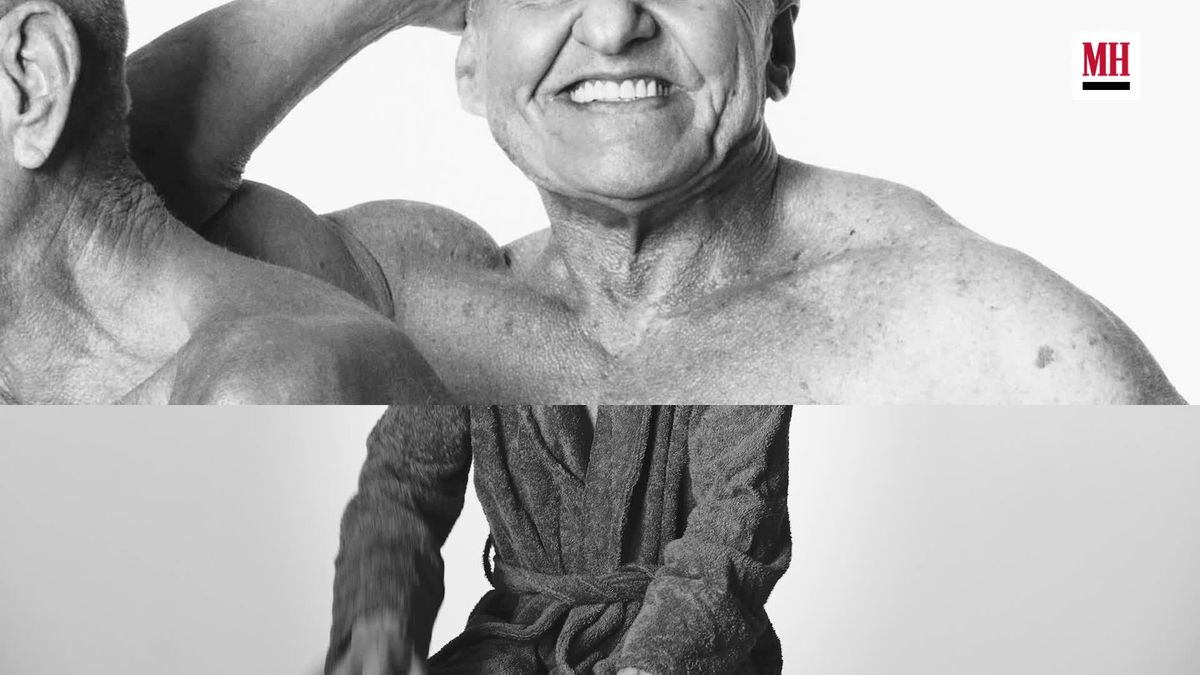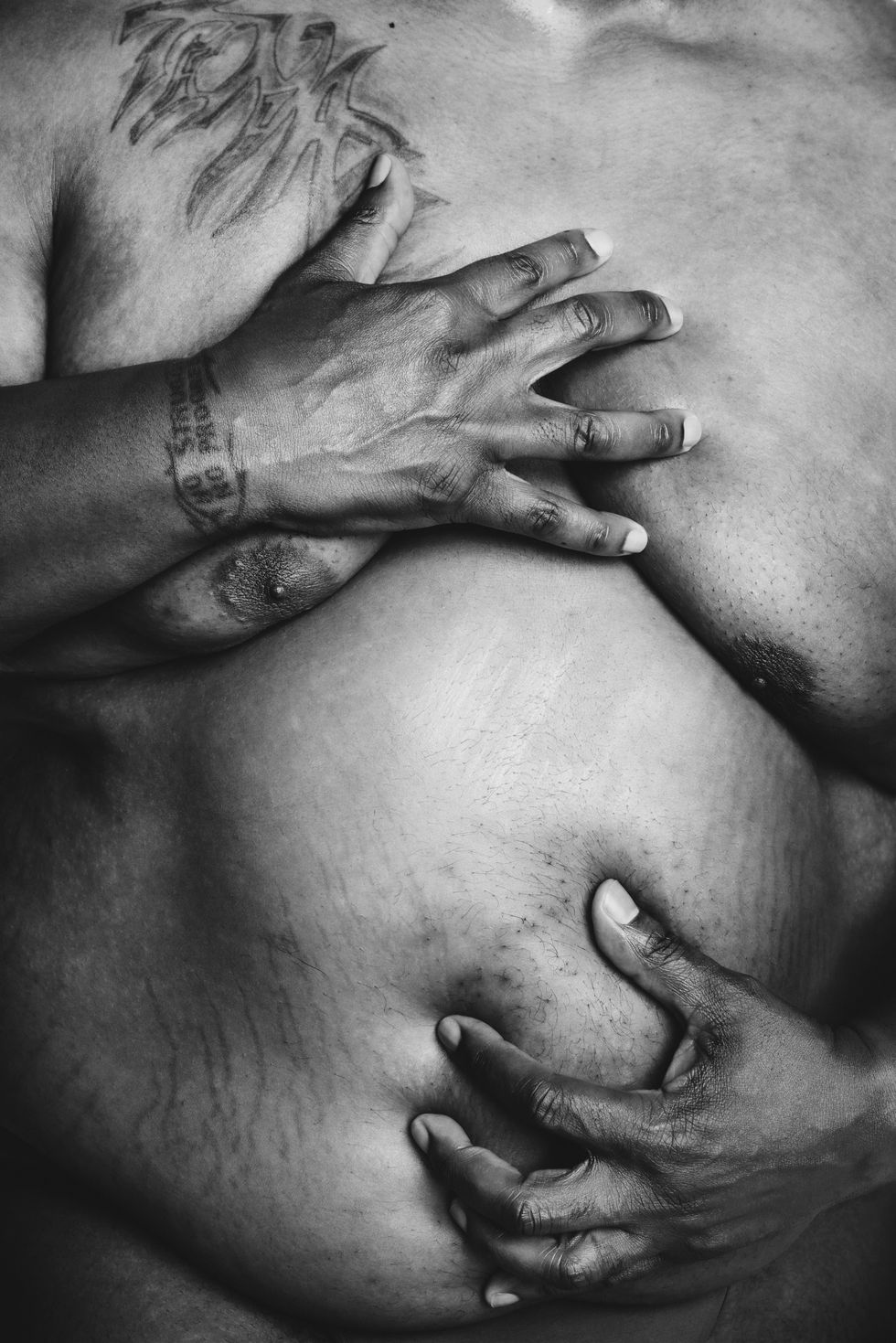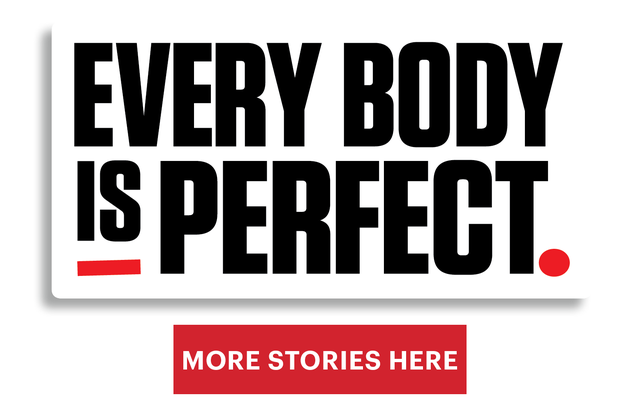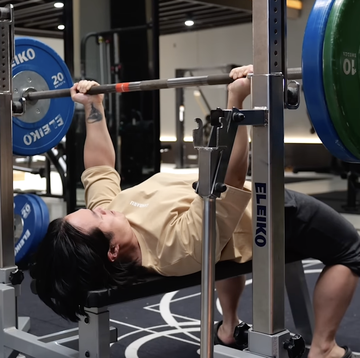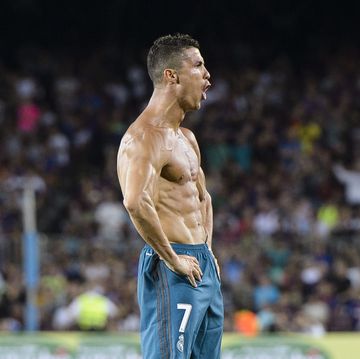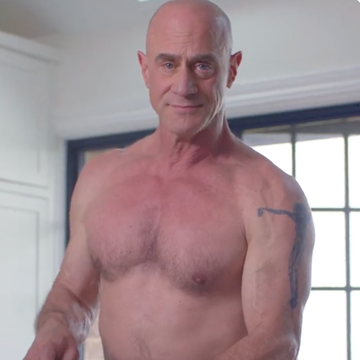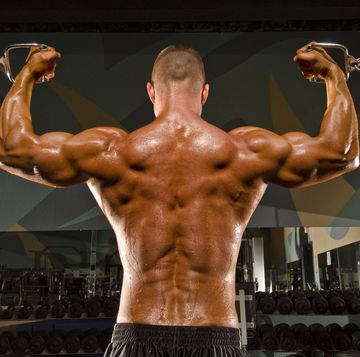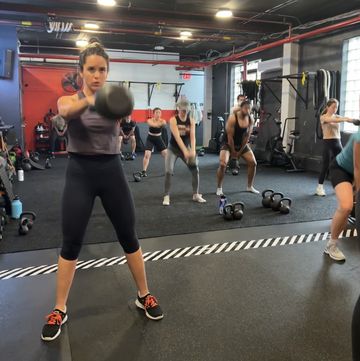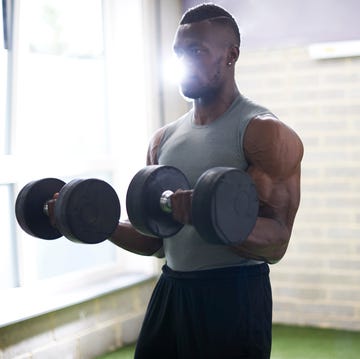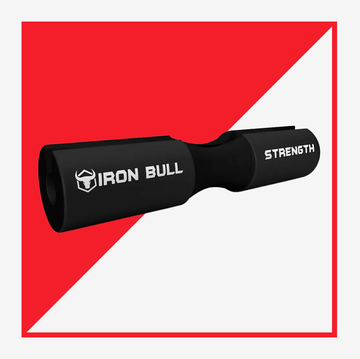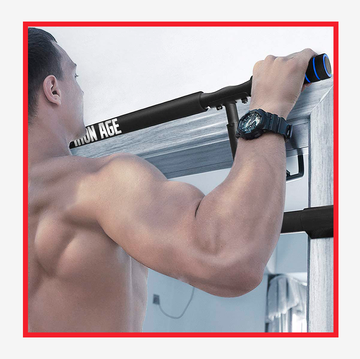ALL MY LIFE, I had to fight. From when this girl in first grade told me my titties were bigger than hers up until my junior year in high school when I played football, it sucked to be big. But, once I started playing football, my body became a commodity for sports, so I was the man to a certain extent. I went from being big fatty to being big sexy. But taking my shirt off around other players in the locker room still made me self-conscious. When I got a car, I would change clothes in my car. Deep down, I believed that being fat meant I was worthless. I felt like my thoughts, feelings and emotions were invalid ― I was fat, and it was my fault.
In June 2012, when I weighed nearly 400 pounds, I visited a doctor about a hip injury. The doctor told me I was in pain because I was fat and I needed to start walking and to lose weight or I’d die. When I told him I was going to run marathons, he laughed. I decided on January 1, 2013, that I was going to run a marathon. I trained 16 weeks for it and entered the Detroit Marathon, in October 2013.
About more than halfway through the race, a bus that picks up people along the way, if they’re injured or things of that sort, came by, and the bus driver said to me, ‘Hey, big man, you need a ride?’ I was like, ‘No, I'm good.’ Then after every mile, he’ll come back asking, ‘Hey, why don't you come on here, big guy? I can take you to the finish line.’ He was throwing seeds of doubt in my head. Finally, at around mile 25 or 26, the guy came back saying, ‘Hey, I'll take you to the finish line.’ I remember going off on him like, ‘Yo, I'm only a mile away from the finish line. Why the fuck would I get on the bus?’ He said something like, ‘I'm just trying to help your fat ass out.’ I finished the marathon. When I crossed the finish line, I was euphoric. I felt unstoppable, finally acknowledging my body’s strength. This feeling couldn’t be reduced by any negative comment, so I completed more races, proving to myself that I could do anything, regardless of my size. I stopped counting how many more races I’ve run after 100.
One day in 2017, I live streamed a long run on the treadmill on Facebook and I was sweaty so I took off my shirt. People watching the stream freaked out and said put your shirt back on, I thought, “Why is it so much of a big deal still for a fat man to take off his shirt?” That moment made me start taking off my shirt more. Metaphorically, I crossed another finish line and started to no longer to see my body as something disgusting but, instead, as something beautiful and strong.
I started an online running club called SlowAF for slow runners in the back of the pack in 2018. We've reached close to 9,000 individuals worldwide. We have additional run coaches that provide fitness classes, and I create training plans for slower individuals. For me, it’s a safe space to post their issues.
When somebody says, ‘Oh, I can't do this, or I need to lose weight first, someone will say, ‘Oh, you haven’t heard about the 300-pound runner.’ To other people, my weight and body are tied to my identity. For me, my identity is more tied to running and providing joy and inspiration to people who've been told they can't do it. I give them all the reasons why they can.” —as told to Keith Nelson
This story appears in the October 2022 issue of Men's Health.

Keith Nelson is a writer by fate and journalist by passion, who has connected dots to form the bigger picture for Men’s Health, Vibe Magazine, LEVEL MAG, REVOLT TV, Complex, Grammys.com, Red Bull, Okayplayer, and Mic, to name a few.
